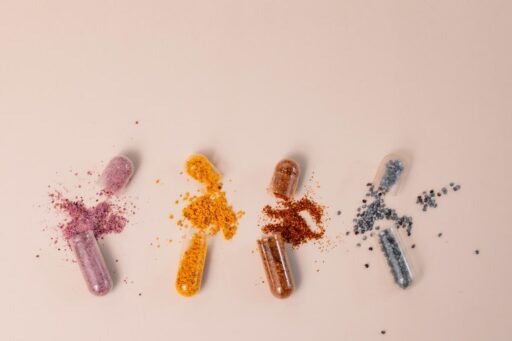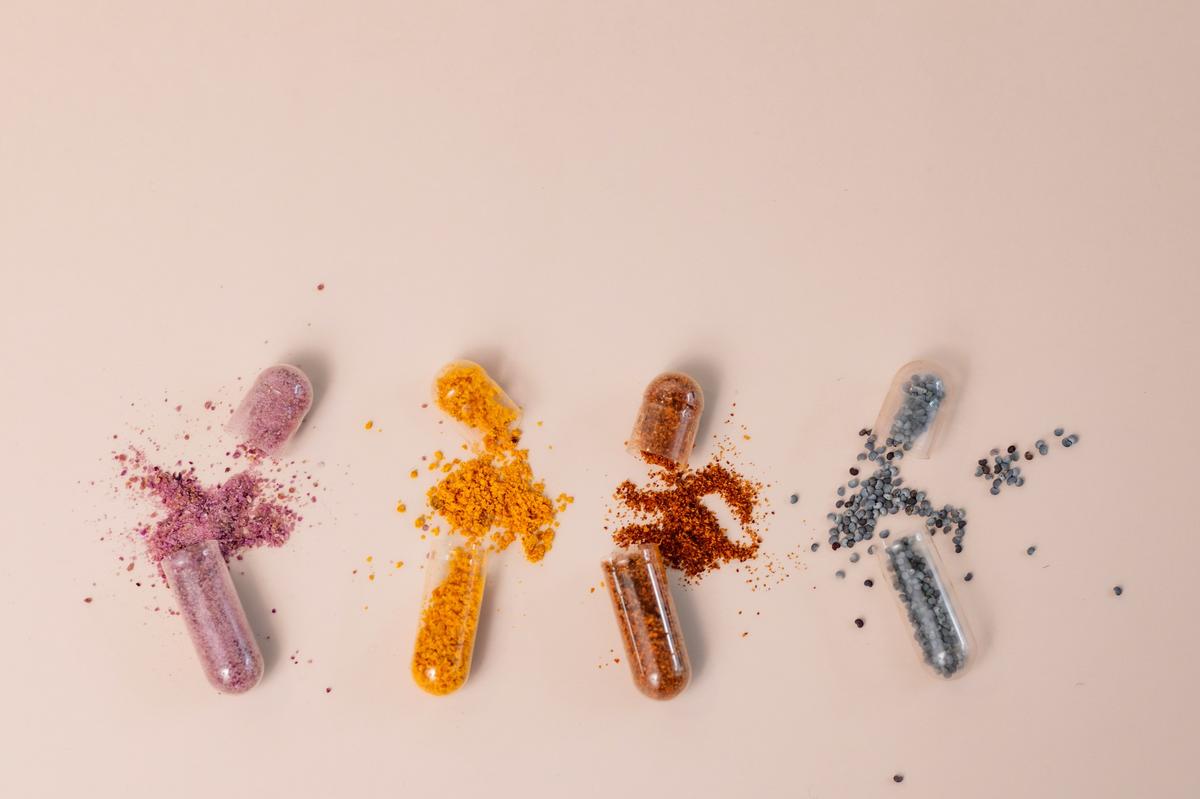Are Anti-Aging Supplements Worth It?
Healthy’s Summary
Longevity and anti-aging supplements are generating a lot of buzz, but their actual benefits remain a mix of early science, hopeful marketing, and limited long-term data. Compounds like NMN, resveratrol, and spermidine are being studied for their ability to support energy, reduce cellular stress, and potentially extend healthspan. However, while some small studies suggest positive effects, especially in animals, human trials are still catching up. Supplements like CoQ10 have established benefits for specific health conditions, but their anti-aging claims are less conclusive. Overall, these supplements may support aging gracefully when paired with healthy habits, but they aren’t magic pills. Factors like age, lifestyle, medications, and personal health history all influence what will actually help.
What are the best supplements for anti-aging and longevity?
If you’ve scrolled through your social feed or listened to any recent wellness podcast wondering if anti aging supplements work, you’ve probably heard people raving about supplements that promise to slow aging or even extend your life. The science is real—but incomplete. Still, a few standout compounds have emerged from early research as possible helpers in the quest for longer, healthier living.
Popular Longevity Supplements: The Science and the Hype
Nicotinamide Mononucleotide (NMN) and Nicotinamide Riboside (NR) are both precursors to NAD+, a molecule that helps power your cells and repair DNA. As we age, NAD+ levels naturally decline, and this drop is linked to a range of age-related issues. In mice and other animals, boosting NAD+ levels improved muscle function, enhanced endurance, and even extended lifespan. Human studies are ongoing, and some small trials suggest these supplements may improve energy metabolism and insulin sensitivity. That said, NMN’s legal status has become complicated in the U.S., with regulatory questions over whether it qualifies as a supplement or a drug under FDA oversight.
Another name you’ve likely come across is resveratrol. Found in red wine and grapes, resveratrol was once hailed as a breakthrough for mimicking the effects of caloric restriction, which is one of the few proven ways to extend lifespan in animal models. The excitement came from its effect on sirtuins, proteins involved in cellular repair and longevity. But when it comes to humans, the results are mixed. Resveratrol may help reduce inflammation and support heart health, but the doses used in supplements are far beyond what you’d get from food—and it’s not clear if those higher doses lead to longer or better life.
Trending Longevity Supplements to Watch
Spermidine is another compound that’s gaining traction. It supports autophagy, the body’s natural process for clearing out damaged cells and recycling cellular components. This clean-up function is essential for longevity, and spermidine seems to boost it. Some early human studies have found associations between spermidine intake and improved cognitive performance, as well as reduced risk of age-related disease. While more research is needed, it’s an exciting area to watch, especially since spermidine occurs naturally in foods like aged cheese and soy.
Then there’s Coenzyme Q10, or CoQ10, which plays a key role in cellular energy production and antioxidant defense. While it’s often marketed for anti-aging, CoQ10’s most established benefits are in cardiovascular health—particularly in people with heart failure or those taking statins, which can deplete natural CoQ10 levels. Its general benefits for healthy aging are less well-established, but it’s generally safe and may help with fatigue in older adults.
Are anti-aging supplements safe?
For most healthy adults, the longevity supplements on the market today are relatively low-risk—but that doesn’t mean they’re universally safe or effective. Supplement regulation in the U.S. is less strict than for prescription medications, which means quality can vary widely between brands. Even when a product contains the right ingredient, the dose or purity may not match what’s been tested in clinical studies.
Some ingredients, like NMN, are in a gray zone due to FDA concerns about their classification. Others, like resveratrol, may interact with medications like blood thinners or drugs used to manage blood sugar. If you’re taking any prescriptions, it’s essential to talk with your doctor or pharmacist before adding supplements to your routine. Even natural compounds can have side effects or alter how your body processes medications.
The safest route is to choose products that have been third-party tested for quality. Look for labels that mention testing by independent labs or certifications from organizations that evaluate supplement purity. It’s also wise to start slow and monitor how your body responds over a few weeks—especially with supplements that haven’t been extensively studied in large populations.
Read more about supplement safety in our article: ‘Are Supplements Safe? How to Experiment Responsibly’
Ask Healthy
Do anti aging supplements work?
That depends on what you expect them to do. If you’re imagining dramatic age reversal or disease-proofing in a bottle, the reality will likely fall short. But if you’re aiming for subtle improvements—like better energy, enhanced focus, or support for healthy aging at the cellular level—some supplements may deliver modest benefits.
What we know for sure is that lifestyle still trumps everything else. Sleep, a nutrient-rich diet, regular physical activity, and managing chronic stress all have far more consistent and well-documented impacts on aging than any supplement currently available. But that doesn’t mean there’s no place for supplements. For some people, especially those with specific deficiencies or health risks, adding the right compound can offer meaningful support. The key is understanding your own health profile and goals, and choosing supplements that fit within that context rather than replacing healthy habits.
The Takeaway
Anti-aging supplements are more like supporting actors than stars in your longevity story. While compounds like NMN, spermidine, and CoQ10 may offer benefits in the right context, none of them work in isolation. Real, sustainable longevity comes from how you eat, move, sleep, and manage your stress. Supplements can complement those foundations—but they’re not a replacement.
If you’re thinking about trying to answer the question “Do anti aging supplements work?”, start with research-backed options, consider your current health status, and have a chat with your doctor. Sometimes the smartest longevity move is just making one small, sustainable change at a time.
Want to dig deeper?
AgeProof: Optimize Health Today for a Longer, Stronger Tomorrow
Engaging conversations provide science-backed insights, tools, and actionable guidance to help optimize physical health, mental resilience, and lifestyle habits that are proven to support longevity. You can explore topics like nutrition, exercise, cognitive health, sleep optimization, and stress management. Key features include personalized discussions on building resilience, reducing chronic disease risk, and managing lifestyle factors essential for healthy aging. Whether setting achievable health goals, understanding genetics, or refining routines, this program serves as a supportive guide for anyone looking to invest in a healthier, more vibrant future.
Enroll in one of Healthy’s Programs to log, track and learn more about your Health, one conversation at a time.
Learn More




